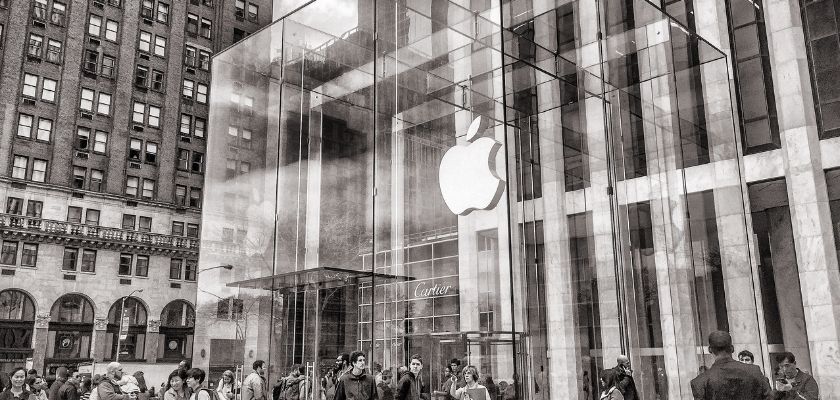Apple’s approach to privacy and security is rather self-referential. The company claims to be doing what is in the best interest of those who buy its products, and this is why the company is sometimes not aligned with the lawmakers who are competing to establish their own set of rules.
A new report published by The Washington Post details how Apple’s outspoken words might be different from what is going on behind the curtains. The report mentions Tim Cook’s meeting with the Democratic lawmakers.
When Apple CEO Tim Cook privately hosted six Democratic lawmakers at the company’s space-age headquarters this spring, he opened the conversation with a plea — for Congress to finally draft privacy legislation after years of federal inaction.
“It was the first issue he brought up,” said Rep. Suzan DelBene (Wash.), one of the lawmakers who made the trip to Cupertino, Calif. The Apple chief “really talked about the need for privacy across the board,” said DelBene, a former Microsoft executive.
But when DelBene discussed her privacy bill, which would require companies to obtain consent before using consumers’ most sensitive information in unexpected ways, Cook didn’t specifically endorse it, she said.
State-level privacy regulations seem to be a weak point for Apple. Furthermore, the company is contributing to lobbying efforts against those new regulations that are being pondered.
Apple indirectly opposed the legislation, via trade groups it funded. On the other hand, Levine noted that Apple had approached him directly to discuss California’s plastic bag ban. “They lobby in all these other areas. They’re just not face forward on privacy.”
Cleverly, Apple shifted the conversation from state-level protection to federal-level laws:
”We believe privacy is a fundamental human right and is at the core of what it means to be an American. To that end, we advocate for strong federal legislation that protects everyone regardless of which state they may live,” said Apple spokesman Fred Sainz. “We understand the frustration at the state level — we are frustrated too — but this topic is so important we need to be united across America.”
The report doesn’t clearly show that Apple has a different approach towards privacy in public conversations than in business strategies, but it evidences that Apple has a precise idea of what user privacy should look like, and believes it can handle the issue on its own.
However, it is disturbing to know that Apple backs up with millions of dollars the lobbyist that are moving against DC’s privacy regulation attempts, even if it is federal legislation that Apple is favoring.






















